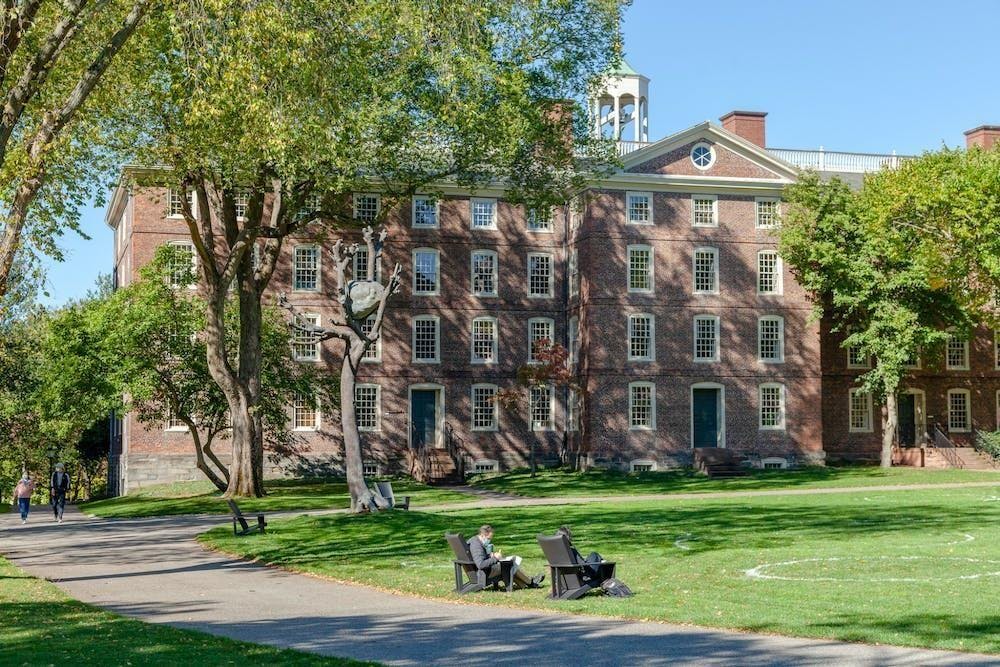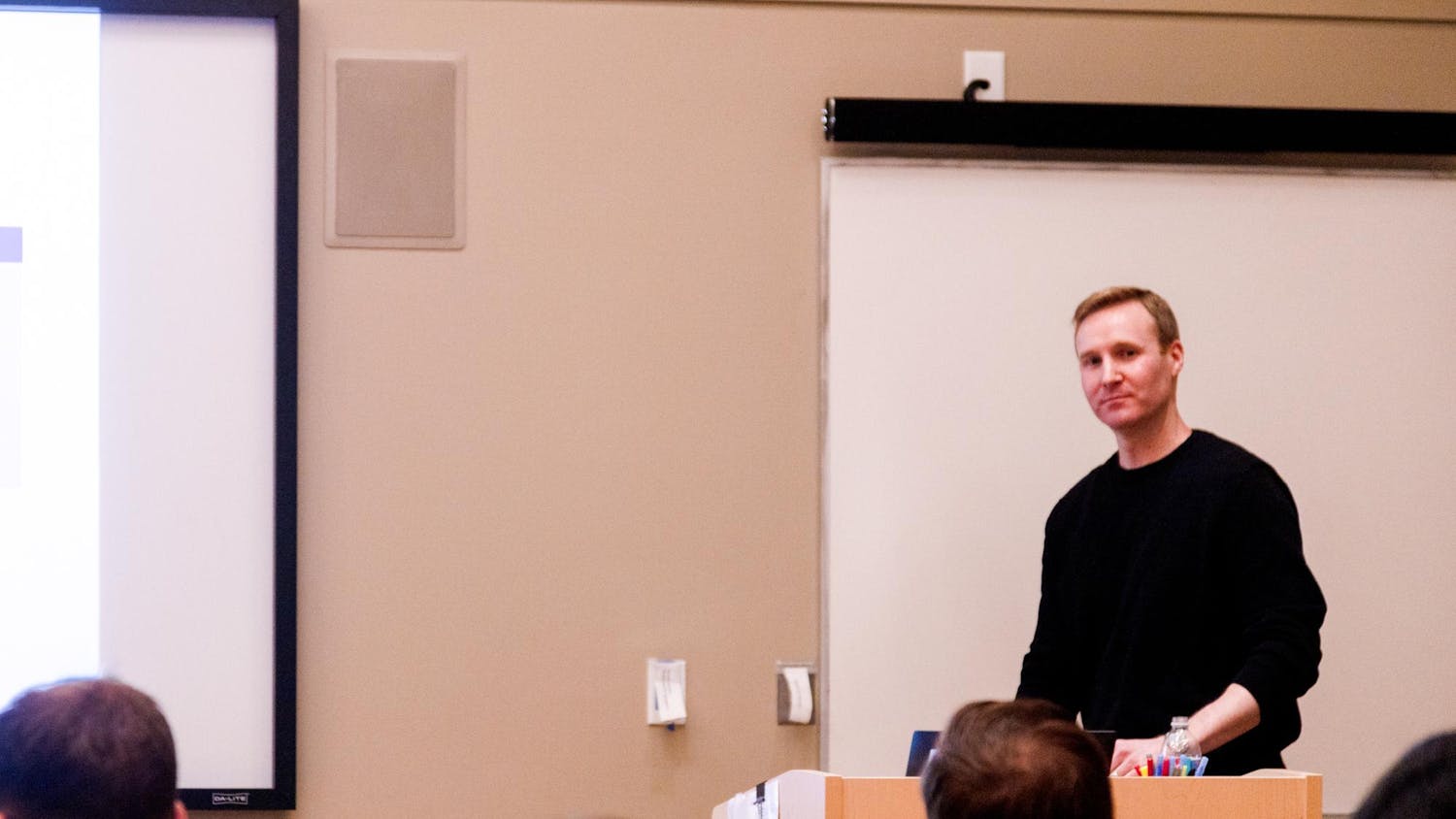The Labor Organization of Community Coordinators began their first contract bargaining session with the University on Feb.16.
The union represents more than 140 Community Coordinators, or student residential assistants and community leaders employed under the Office of Residential Life. LOCC announced its formation in September and was formally recognized by the University in October. The bargaining process, which spans multiple meetings, will bring together LOCC members and University representatives to eventually reach a written agreement.
According to LOCC representative Juan Sanchez ’26, the union will prioritize guaranteed rehire for returning CCs and higher compensation, which LOCC members say should cover a comprehensive meal plan and reflect the increasing cost of attendance.
“The first two sessions have gone well from the University perspective. We have valued getting to know our bargaining process counterparts and look forward to continued engagement to evaluate their proposals and alignment with the University,” Vice President for Campus Life Eric Estes wrote in an email to The Herald. “We strongly believe those discussions, however, should take place between the parties first and foremost.”
Since LOCC’s voluntary recognition last October, the union began preparations for bargaining, hosting town hall meetings to gather input from its general members, The Herald previously reported. Over winter break, the union drafted several contract articles and identified its bargaining priorities, according to union representative Elijah Puente ’26.
“As collective bargaining begins in earnest, we’re looking forward to collegial negotiations with union representatives,” University Spokesperson Brian Clark wrote in an email to The Herald. “Our goal is to work productively toward a fair agreement that ensures continued support for community coordinators.”
Sanchez added that the union is advocating for a “timely dissemination of the training schedule” for CCs and asking for extended time to complete “asynchronous tasks,” such as setting up door decorations and bulletin boards in residence halls.
The union seeks to have a contract in place prior to the start of CC training for the 2024-25 academic year, Puente added. He said that the union is open to continuing bargaining sessions over the summer, depending on how negotiations are going and the availability of union members, its bargaining committee and Brown’s administration.
Currently, the union will hold bi-weekly bargaining sessions with the University. In the future, LOCC aims to have weekly sessions to “accelerate the process,” Puente said.
Sanchez hopes that “the University is able to understand our bargaining priorities and really listen to the experiences of CCs.”
Other on-campus labor unions will begin their contract negotiations with the University this year, including the Teaching Assistant Labor Organization, which represents Computer Science TAs. Last month, TALO announced that bargaining for a long-term contract will begin in early March.
Jennifer Shim was a University News editor at The Herald.





